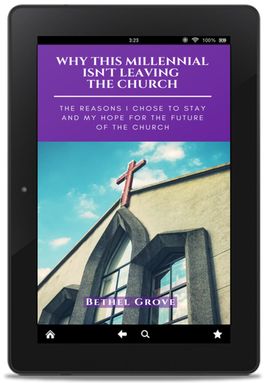|
I was standing alone in the youth room of my church. Or at least it was my church. That room was where I had taught many lessons and played many games with the church’s junior and senior high students for over a year. That room had been one of my favorite places. But now, it was a reminder of what I was about to face. In only about 15 minutes, I was going into a meeting with the church’s elders. Under other circumstances, this would not have been a big deal. I had known most of those men for several years and considered them to be friends of my family. But now it was different, because four days earlier, these men dismissed my dad as senior minister of the church after 17 ½ years.* The reason for the meeting was to see if I would be allowed to finish the school year with the youth group that my ministry partner and I had dedicated over a year of volunteer time to build up. I had so many emotions running through my heart and my mind, I didn’t know what to make of it. This scene happened only a few months ago. I do believe that it has become one of the defining moments of my life. I believe I will still think that 20 or 30 years from now. It was one of the hardest things I have ever done, because the pain of the loss and separation were so fresh. But by God’s grace I walked into that meeting and was granted my request. The only stipulation they gave is that they wanted to make sure I would get plugged into another church, since they figured it would be too difficult to attend with them on Sunday mornings. When I told them I had a plan to look at churches in the area, they all stated how much they appreciated my willingness to come to the meeting and finish the work I had started, despite the difficulties of my circumstances.  Some of my friends or members of that congregation have questioned why I chose to stay a little longer or how I could bring myself to even go to that meeting. Some of you who are reading this post may be wondering the same thing. But as I have looked back on the last few months, I have come to realize that I began to find healing faster because I chose to face a painful situation head on instead of hiding from it. It’s something that author Levi Lusko coined as “running toward the roar” in his book Through the Eyes of a Lion [click link to read my review]. Facing that meeting changed everything for me, and I want to share about three things that have happened in my life because God gave me the power to “run toward the roar.” I Learned How to Forgive Despite My Feelings 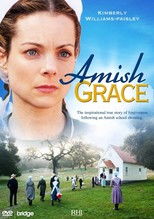 The night after my dad told me he had been let go, I couldn’t fall asleep. So I turned on a movie that addresses the issues of loss and forgiveness. Amish Grace is a film based on the true story about the Amish school shooting of 2006, in which a local milk truck driver in Pennsylvania entered a one-room school house with an arsenal of guns. He let all the boys and the teacher go, but took ten girls hostage. He eventually shot all ten girls before taking his own life. In the end, 5 of the 10 girls died within 24 hrs of the shooting, and the others survived with serious injuries. Obviously, it was a devastation to the Amish community, but they responded in ways that the world did not expect. In the film (which was slightly fictionalized), you see some Amish elders, including Gideon, a father who had lost his daughter, go the wife of the shooter to consul her and tell her that they had chosen to forgive Charlie, later that same day. The rest of the Amish community seems to support this decision to forgive, except for Gideon’s wife. Ida cannot let go of her anger, believing that choosing to forgive was betraying her daughter. She takes out her anger on the shooter’s wife when she runs into her. Ida is so bitter, she even makes plans to leave her Amish community and taking her surviving daughter away from her husband. But the most powerful part of the film for me is at the end. Right before she plans to leave, Gideon asks Ida to go to a group meeting with a grief counselor, which would include other Amish parents that had lost children and the wife of the shooter, Amy. The audience learns that Amy is in the same place as Ida, not knowing how to forgive her husband for what he did to the Amish girls, and what he did to her and their children. At this point, an Amish mother who had lost two daughters shared a thought that I don’t know if I will ever forget. It was exactly what I needed to hear after everything that happened: Every morning when I wake, I expect to hear Anna and Lydia singing together as they do their chores. But the silence reminds me that they’re gone, and I become so full of anger, I can barely breathe. But then I offer that anger up to God and I forgive. Sometimes, I have to do it again in an hour, and again an hour after that. But if I didn’t do that, I don’t know how I would ever breathe again. As I was lying in my bed at 5 am still unable to sleep, I knew that kind of forgiveness, the kind that would compel most of that Amish community to attend the shooter’s funeral, or the kind that compelled Ida’s daughter to tell the man about to shoot her that she would pray for him, was the kind I had to challenge myself to have, no matter how painful it would be. So when I finally sat down with the elders, this is what I told them: Just like they say love is not a feeling but a decision, I believe that forgiveness is a decision we sometimes have to make despite our feelings. I have been very hurt by what has happened and I am still healing, but I want you all to know that I have made the decision to forgive you. It was difficult to say, but I said it, even with tears in my eyes. I said it because I was compelled to demonstrate the same grace that I would hope someone would show me, the same grace that we all want but never deserve on our own merit. The same grace we can only receive as a result of Christ’s sacrifice on the cross. We all need grace, but we struggle to give grace. We get so caught up in the guilty party’s offense that we cannot see past ourselves. But the sacrifice of Jesus was an offer of grace for every person who accepts it and then shapes their life in response to it. We don’t get to pick and choose who receives God’s grace, and neither should we. Part of dying to ourselves, as we are called to do by Christ, is choosing to give grace to anyone in our lives that is difficult to love or forgive. I hope that sharing this story will help you learn to do the same thing. I Found a New Calling In the Midst of My Healing Most of my friends know that since I started high school, I’ve wanted to become a music minister or worship director. In fact, I could have told you my plan the day I started high school. From then until I graduated from college in 2014, I never deviated from that plan. But when I was completing my music ministry internship the spring before I graduated, it became apparent that some gaps in my proficiency and personal training would prevent for pursuing music ministry after I graduated. I was so confused. I had pursued God’s calling as faithfully I knew how and I was still unable to devote my career to ministry. As a result, I really struggled with what I should do with my future when I moved back home. Although I was involved in music ministry, I wasn’t getting paid, and went back and forth from being in leadership to just being a participant. I struggled to find a job. Any job. It was a very difficult and uncertain time. But I didn’t realize what God was doing behind the scenes to prepare me for something greater. Just as circumstances required me to take a step back from leading in music ministry again, an opportunity opened up for myself and a deacon to take over leadership of the youth ministry. In some ways, it surprised me. Although I had been a youth sponsor in college, I hadn’t really been involved in organizing a youth group. But I believed it was a need we could fulfill. We did what we could to teach but also have fun with our teens. It wasn’t easy, but after about a year, we really began to see great things happened in our group. We began to see growth in our numbers and in their understanding of their faith. We were both excited about what God had in store for our group in 2018. But at the end of January, everything changed overnight. When my dad was let go, I was immediately afraid of what would become of the youth group if I would not allowed to return in light of what had already been planned for the spring. Only a few days later, I was given permission to finish out the school year. But the few days in between when I didn’t know were some of most emotionally trying days I’ve ever faced. After that was said and done, I came to realize how much I cared about our students and how much I had been devoted to the ministry. It made me think that maybe I could find a future in doing this kind of work as a job. Only about 3 weeks later, we took our Jr. High students to a youth conference in Cincinnati. Over that weekend, I had some honest conversations with people I trusted about the direction I was going with my life in regards to ministry. By the end of that weekend, I came to a major decision: I want to become a youth minister Some of you that have known me for a while might be shocked to hear me say this. Honestly, I’m still kind of shocked to be saying it. But as I look back over all of my ministry experiences, I now recognize that God was preparing my heart to work with students when I wasn’t looking. I attended a Jr. high conference at as sponsor my senior year of high school. I helped with a large Jr. high girls lock-in with a local Christian venue my freshman year of college. I spent about a year and half in college (minus the summers) working with my brother-in-law’s youth group, including teaching Jr. high Sunday school. When I was on my internship, I taught in a high school small group since my cousin was the youth minister. Before I officially became a youth leader, I had already lead two girls Bible studies and had attended a few youth conferences as a sponsor. It ends up adding up to a total of about 4 years I have spent volunteering in youth ministry. It all happened when I wasn’t looking, because God was subtly guiding me to a different future than I saw for myself. It’s something I would have never considered a year ago, or even 6 months ago. But God used my ability to trust Him during a painful trial of my life to help me find my new calling. I believe He can for you too.
|
5) 21 Myths (Even Good) Girls Believe About Sex by Jennifer Strickland An incredible book that clarifies so many of the myths about sex that have been added to by our culture over the years. Addresses a wide variety of topics, this is a great resource for any young woman or for anyone counseling young women. I was honored and blessed to be asked to review this book. For my full review of this book, click here |
4) Surprised By the Healer by Linda Dillow and Juli SlatteryA collection of stories about women who faced sexual brokenness, but through their trials found healing from the God who heals, Jehovah Rapha. Another great resource for anyone who have faced sexual brokenness or those wanted to counsel someone through sexual brokenness. I was blessed to be part of this book's launch team. For my full review, click here. |
3) Love Does by Bob Goff A collection of stories that tells the incredible life lessons from the author, Bob Goff. It will propel into living an incredible life that turns love into action. This book is a must read for everyone in my generation. For my full review, click here. |
2) Through the Eyes of A Lion by Levi Lusko A powerful reflection from a father who lost his 5 year old daughter, this book is an incredible guide through facing pain and suffering. This book shows a wisdom beyond the years of its author. It is definitely a must read, especially if you are facing pain and suffering. For my full review, click here. |
1) Girl Defined by Bethany Baird and Kristen Clark A powerful book for women about how to live out our feminine design in a culture that is selling us methods that won’t fulfill us. This book made such a powerful impact on me, I even led a Bible study through the book this fall. This is a must read for every young women of this generation. For my full review, click here. |
One of the people I knew in the show happened to be playing Sweeney Todd, and since Cody’s family goes to my church, I decided to go with them. It was a very hot Saturday to have the show outdoors, but the setting in the heart on downtown Kankakee was very appropriate to the play. It fortunately cooled down by the time the show started around 8pm. When the play was done, I found myself saying that I didn’t dislike it as much as I thought I would, but I wasn’t totally in love with the show either. It was an incredible well done production, but I walked away from the show with more questions than answers. But what I did know from seeing this play is that it shows that both obsession and revenge are dangerous, and when these two feelings are combined, the consequences are often extreme. This is what I saw as the consequences of obsessive vengeance that are played out in the plot of Sweeney Todd.
[All the photo used in this post are from Acting Out Theater's Production of Sweeney Todd.]
The Value of Human Life Is Down-Played By Selfish Choices
Upon hearing the story of his wife and daughter from Mrs. Lovett (the owner of the meat pie shop below Barker’s old barber shop), Todd is determined to seek revenge against Turpin and his accomplice Beadle Bamford. His plan is to reopen the shop under his new name, lure them to his shop, then use his barber blade to slip their throats. Todd becomes more driven when he learns that Turpin is so determined to “protect” Joanna from the world, he is going to force her to marry him. When the young sailor Anthony Hope accidently reveals that he intends to take Joanna away to elope with her, Turpin has her sent to an asylum to silence her. This accident also foils Todd’s attempt on Turpin’s life and he is so driven mad by the incident that he begins to revenge on all of mankind who wronged him. He starts to slit the throats of many of his customers just to cope, until he finds his next opportunity to get revenge on Turpin. To hide the evidence, Mrs. Lovett conceives of the idea to use the remains of Todd’s victims in her meat pies and selling them to unsuspecting customers.
In the end, Turpin’s selfish choices led to Todd making several selfish choices of his own. Some of it was probably because of mental instability that resulted from his imprisonment, but I think Todd was sound enough of mind to know exactly what he was doing. He was so bend on revenge that the lives he had to end in order to cope didn’t matter to him at all. And the one person that knew what he was doing was encouraging him just boost her business. Although some may give Todd an excuse because of his mental state, Mrs. Lovett doesn’t have that excuse. She didn’t seem to have any more of conscious about it than Todd. She devalued their lives just as much as Todd did by reducing them to pie filling. But in the end, she also had more selfish motivation.
Morally Ambiguities Become Amusing
As a Christian, I don’t think moral ambiguities are entertaining or amusing. We should be able to look at the things people do in plays and think to ourselves, “That’s not quite right,” or “That is morally wrong.” Even if the characters aren’t Christian themselves, everyone has some sort of inner moral code they adhere to or follow. We should be able to discern if they are follow their own private sense of morality based on their character and figure out whether their actions are wrong based on their own morals. We should be processing what we are seeing enough that we are aware of it something is right or wrong in what we are watching. Now I think we can laugh or be entertained at certain things that aren’t moral perfect within reason, but not at the cost of ignoring blatant moral problems. If the bad morals portrayed in any form of entertainment don’t send up some sort of red flag in your head, then you may want to rethink your viewpoint.
Romance Becomes the Only Light
Other Things I Noticed in Sweeney Todd
Production Quality - As far as the production I saw, the quality of the sets, the costumes, the singing, and the acting was top-notch! Cody did an incredible job playing the extremely difficult part of Sweeney Todd. It happened that the guy that played Judge Turpin played the part of Bert when I was in Mary Poppins last fall! I also knew a very members of the ensemble. These guys and the whole cast are incredible talented. Well done!
Compelling and Complex Music - One of the things that I did know about this play before seeing it was that it had really good music. I had some music major friends in college that loved the music and one or two guys that even sang songs from it in their recitals. Now, after having experienced the music within the content of the play, I can see why some people are so drawn to it. Because I watched this production, I now realize how incredibly difficult the music is. It is very complex, and not for the faint of heart. I heard that Cody said it was some of the most complex music that he has ever done. That’s saying a lot, because one of his last starring roles was playing Javier in Les Miserables! Although the messages within the songs are not my favorite, the quality of the music itself cannot be denied, as well as the talent it takes to perform the music well.
Violence/Gore – Part of me had a false expectation that this show was going to be showing blood every 2 minutes. Although that may not be the case, it is still a pretty violent show. You see at least 6 different throats slit on stage, in which you see blood from the cut on the victim’s throat as well as coming out of their mouth. But much the actual death of these characters is left to the imagination when after their throat is slit, Todd drops their bodies from his barber chair through a trap door that leads to Mrs. Lovett’s basement. You hear the sound effect of a man breaking the neck of a little bird. Another character is shot, but you don’t see any blood. There was at least one scene where you see Mrs. Lovett tossing body parts into her oven. Eventually, you see a whole person thrown into the oven. These reasons alone are enough to keep any child from seeing this play.
Language – There is language sprinkled throughout the play. The moment where it felt the most excessive is when Todd is describing Pirelli’s fake hair elixir as smelling and tasting like urine, calling it p*** several times in a row. Although that was only specific instance of language of which I took note, there were a number of other small instances of language used throughout the play.
Sexual Content – You see a reenactment of Judge Turpin raping Lucy Barker during the fake masquerade ball at his house. There are people dancing around them, but you can see him on top of her. There is a beggar women who appears throughout the show who often hikes her skirt up to get attention. Also, at the end of the song Kiss Me (Part 2), Joanna and Anthony enter her room together in a way that could imply that they were about to sleep together. There also seemed to be a few mild innuendos throughout the dialogue.
Deception – There is a lot of deception going on the part of Todd, but the most deception happening in the show is from Mrs. Lovett. She lies to Todd to hide a major secret from him, mostly because she’s in love with him and it eventually helps boost her business. I don’t want to give it away if you haven’t seen the play, but when her deception is exposed, it has severe consequences.
Obsession And Vengeance Have Serious Consequences
“I wanted everyone to see what could become of you if you let obsession rule you.”
Wow. That’s powerful.
I was totally taken back by Cody’s insight into the consequences of obsession. I think this is a powerful lesson for anyone to learn. Personally, I tend to have a passionate personality than can easily become obsessed if I am not careful. If I am into something, I am all in. But I know as a Christian, if I become too interested in something to the point that it diverts my attention away from loving God or loving others as I should, then I have become obsessed. Now, I’m beginning to realize how true it is that when I became obsessed with anything in my life, my perception was altered, as was my ability to be objective. That is a dangerous place to be. I am grateful to have a reminder what letting obsession rule me can do, thanks to the authenticity of Cody’s performance.
I am also reminded of the consequences of taking revenge against those who have hurt us. As I was looking through the program for Sweeney Todd, I was compelled by the notes of the staging director, Jerry Cohagan. He posed two powerful questions, “Can vengeance ever lead to salvation? Even if the answer is no, then why do we seek it?” As a Christian, I believe the answer is no, vengeance cannot lead to true salvation or liberation. And the reason we seek it out is because it not seeking it out would require letting go of our bitterness and choosing forgiveness. This is much more demanding for those of us that have been wronged. It seems so much easier to take justice into our own hands.
But I serve a God who instructed me not to seek out revenge. He said, “Vengeance is mine, and I will repay.” (Deuteronomy 32:35) God will be the one to seek vengeance against those who hurt me or hurt others without repentance. He will carry the burden of our anger, bitterness, and hatred so that we don’t have to, if we choose to forgive. Otherwise, our bitterness will steal our joy, our faith, our loved ones, our ability to reason, and even end our lives if we let it consume us. I want to be sure that never happens to me. I hope the same is true of you.
The name is derived from one of Bethel's favorite books, Through the Eyes of a Lion by Levi Lusko. Through these reviews, Bethel hope to give Christians the tools they need to look at the world "through the eyes of a lion" so they can find the courage to "run toward the roar".
To find the detailed archives of these reviews, you can check them out here:
Books In Review
Movies in Review
Broadway In Review
Quick Reviews
To understand the rating used in these reviews, click here
Categories
All
Alex & Stephen Kendrick
Alyssa Bethke
Apologetics
Beyond Your Wardrobe
Bible Studies
Biography
Bob Goff
Book Series
Books I Don't Recommend
Books In Preview
Books In Review
Broadway In Review
Caleb Kaltenbach
Carpe Aeternatatum
Chad Ragsdale
Christian Fiction
Christian Living
Coming Soon
Controversial Topics
Creativity
C.S. Lewis
Dannah Gresh
Devin Brown
Devotionals
Disney In Review
Douglas Gresham
Dr. Juli Slattery
EBook Releases
EBooks In Review
Entertainment
Forgiveness
For Women
Friendship
Gary Chapman
Girl Talk (Teens)
Girl Talk (Tweens)
Grieving With Hope
Healing
Holidays In Perspective
Interviews
Jackie Hill Perry
Jefferson Bethke
Jon Jorgenson
J.R.R. Tolkien
Katie Davis Majors
Kristen Clark & Bethany Beal
Lee Strobel
Lessons From The Bible
Lessons Learned
Levi Lusko
Linda Dillow
Lion's Eyes Updates
Love
Lysa Terkeurst
Mark Batterson
Modesty And Fashion
Movies In Review
Music In Review
My Cloud Of Witnesses
My Generation
My YouTube Videos
Nancy DeMoss Wolgemuth
Personal Experiences
Personal Updates
Prayer
Princess Worth Dying For
Priscilla Shirer
Purity Movement
PWDF Updates
Reading Recommendations
Reflections On Middle Earth
Reflections On Narnia
Relationships/Sexuality
Robertson Family
Running Toward The Roar
Sarah Arthur
Singleness
Theology (Study Of God)
To The End Of Her Days
Youth Ministry
Archives
May 2024
December 2023
September 2023
August 2023
July 2023
June 2023
May 2023
April 2023
March 2023
January 2023
December 2022
November 2022
October 2022
September 2022
August 2022
July 2022
June 2022
May 2022
April 2022
March 2022
February 2022
January 2022
December 2021
October 2021
August 2021
July 2021
May 2021
April 2021
March 2021
February 2021
January 2021
December 2020
October 2020
September 2020
May 2020
April 2020
March 2020
February 2020
January 2020
December 2019
November 2019
October 2019
September 2019
July 2019
June 2019
April 2019
March 2019
January 2019
November 2018
October 2018
September 2018
August 2018
July 2018
June 2018
May 2018
April 2018
March 2018
February 2018
January 2018
November 2017
October 2017
April 2017
March 2017
January 2017
December 2016
November 2016
October 2016
September 2016
August 2016
July 2016
June 2016
May 2016
April 2016
March 2016
February 2016
January 2016
December 2015
November 2015
October 2015
September 2015
July 2015
June 2015
May 2015
April 2015
March 2015
February 2015
January 2015
December 2014
|
Bethel Grove is a Christian young woman who loves to read and write, eat Reese's Peanut Butter Cup Blizzards, and disciple teen girls as a youth leader. What started as a hobby of writing book reviews and doing deep biblical studies eventually led her down the path of self-publishing and helping other Christian authors launch their books. She hopes to someday be a vocational youth minister and well-known author.
Follow AUthor Bethel Grove
|
Receive This eBook for FreeSign up for Bethel's newsletter to receive monthly updates for Abiding Grace Ministries, and you will receive a copy of this exclusive eBook for free
|




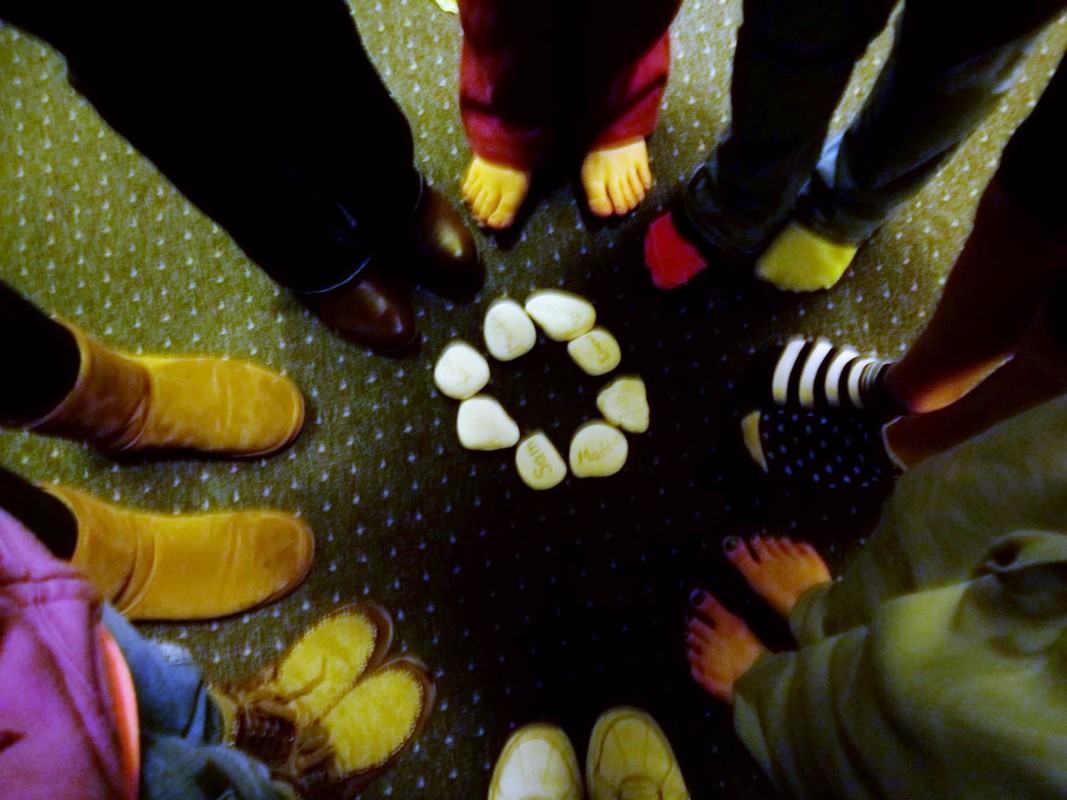


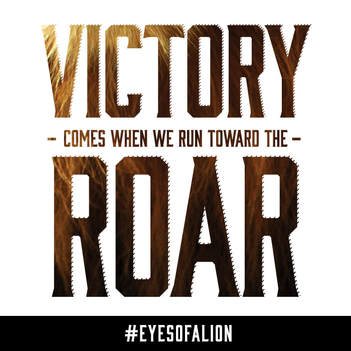
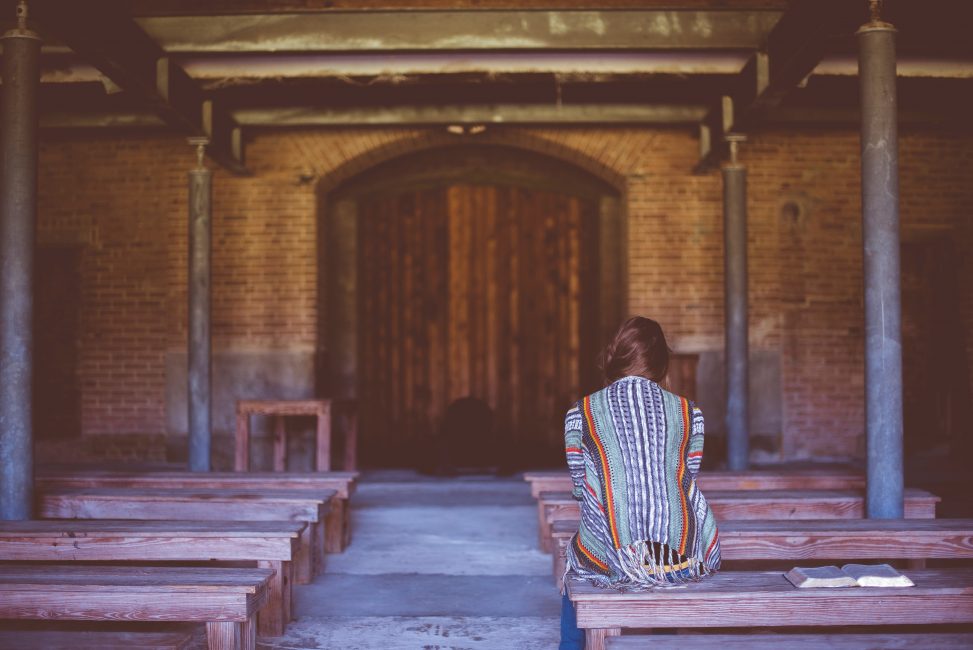
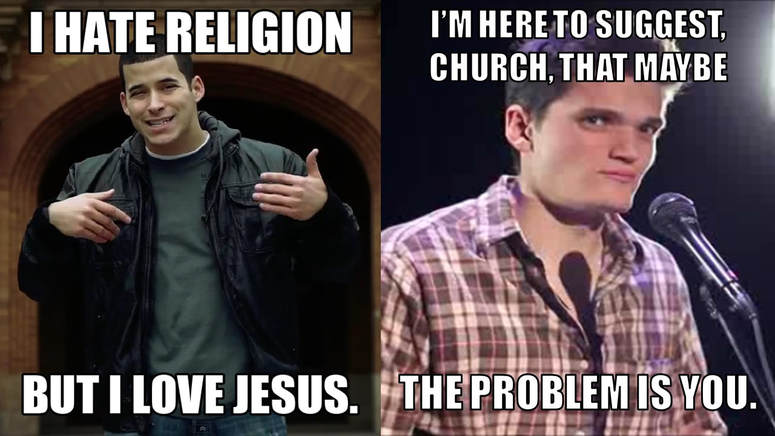
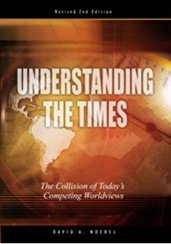
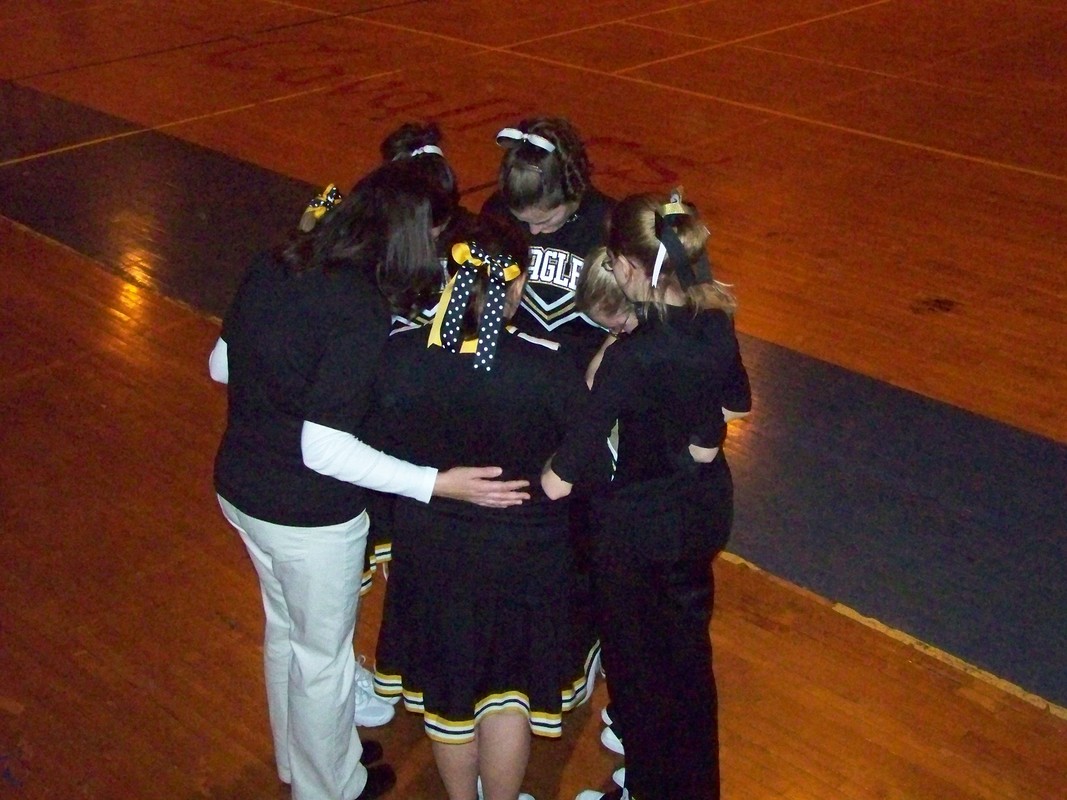

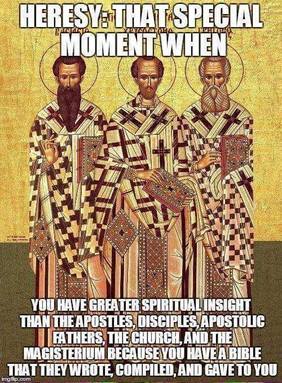
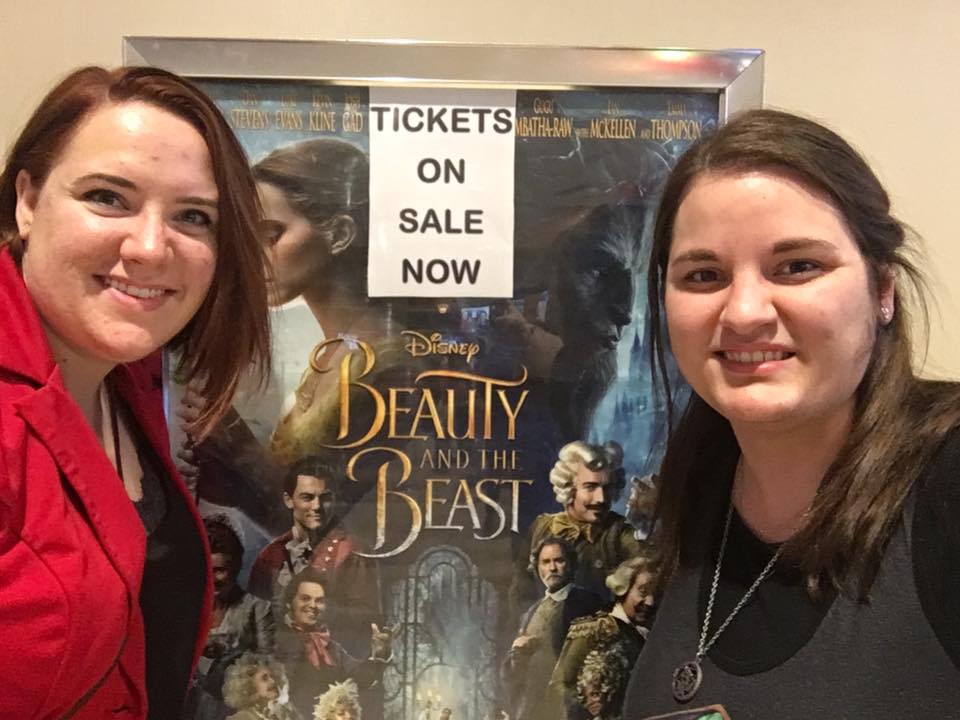


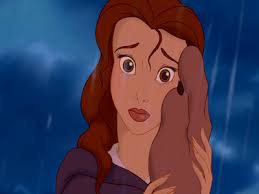
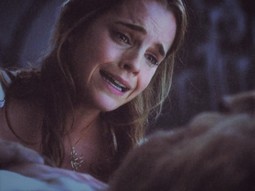

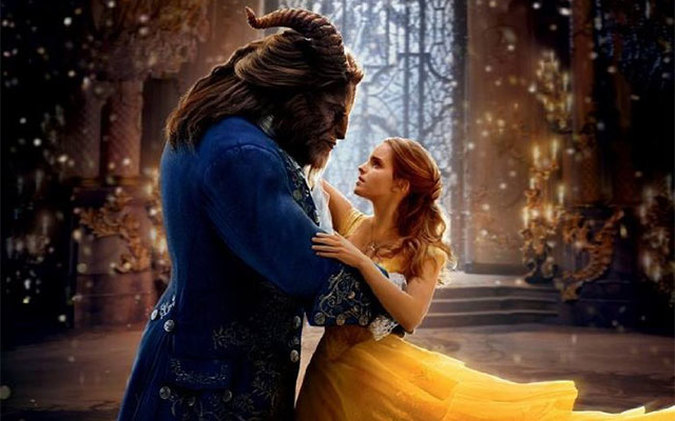








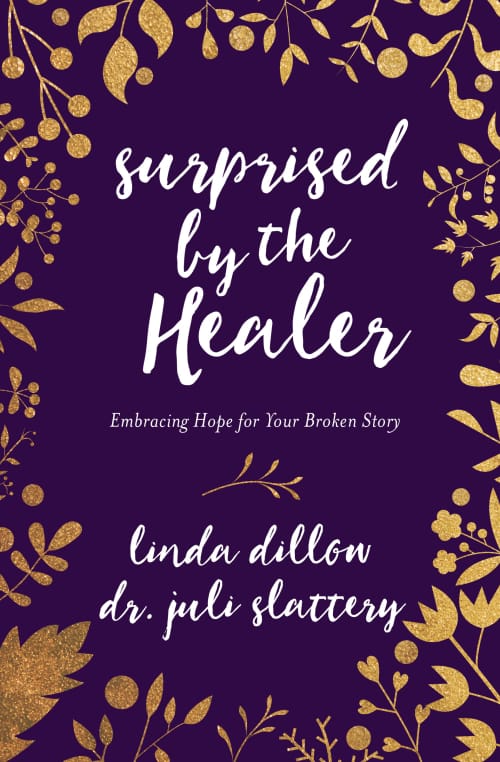
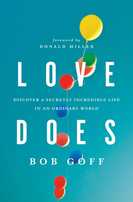
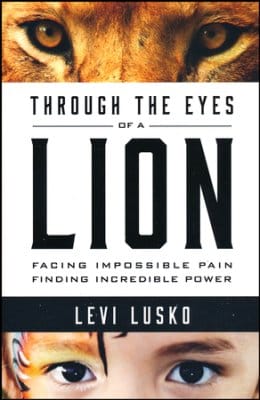
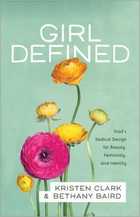
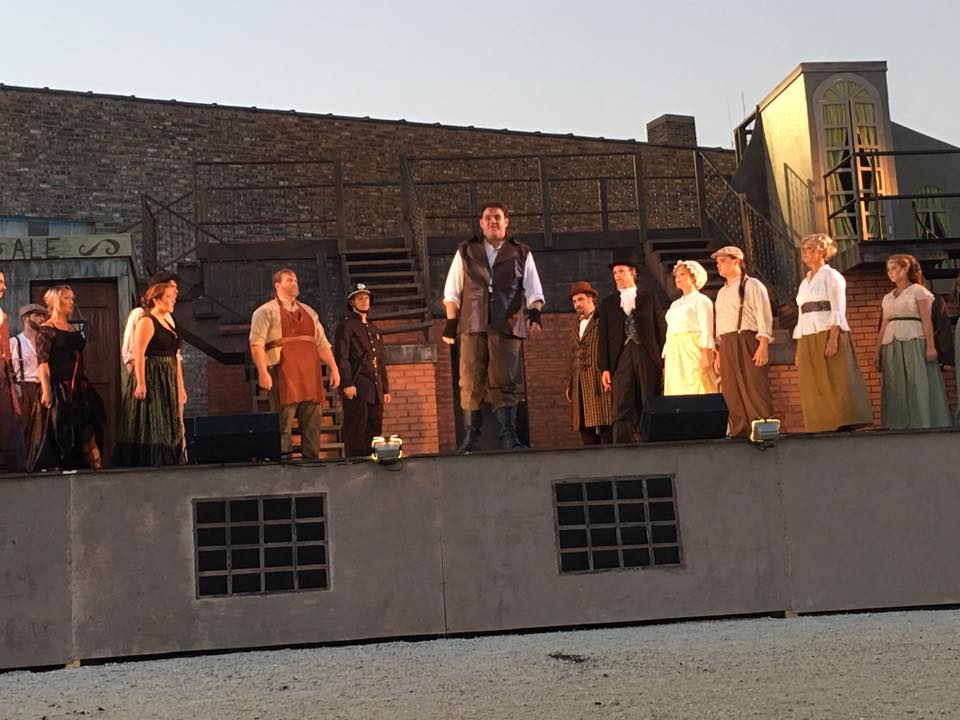
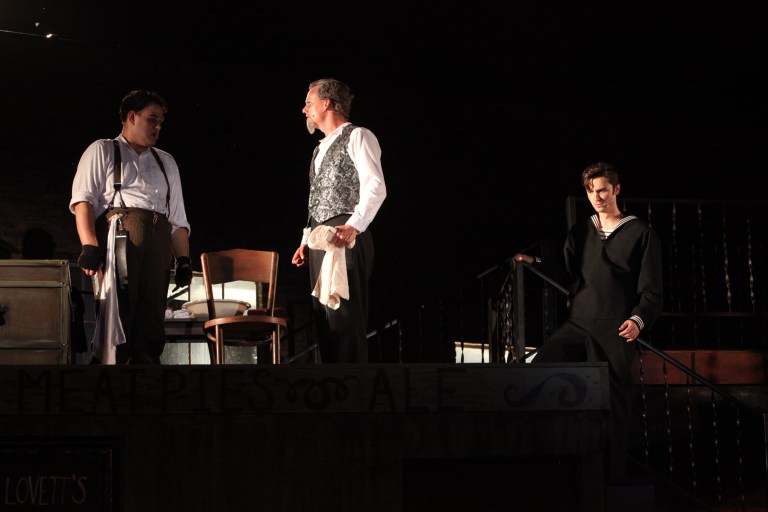
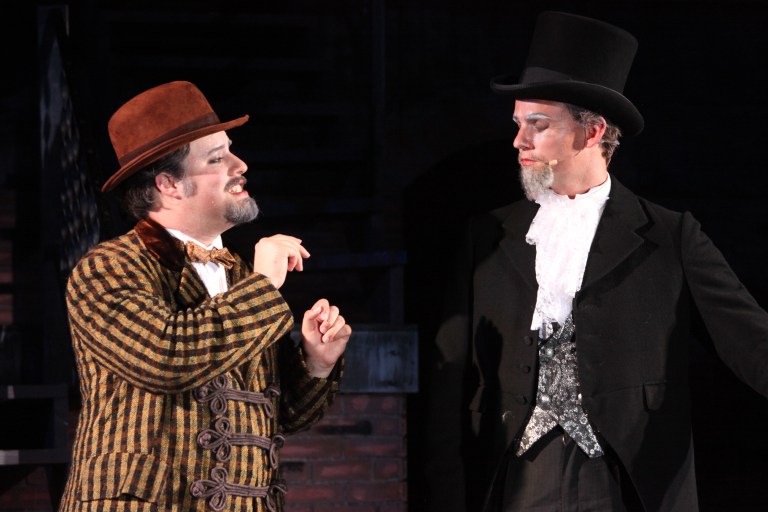
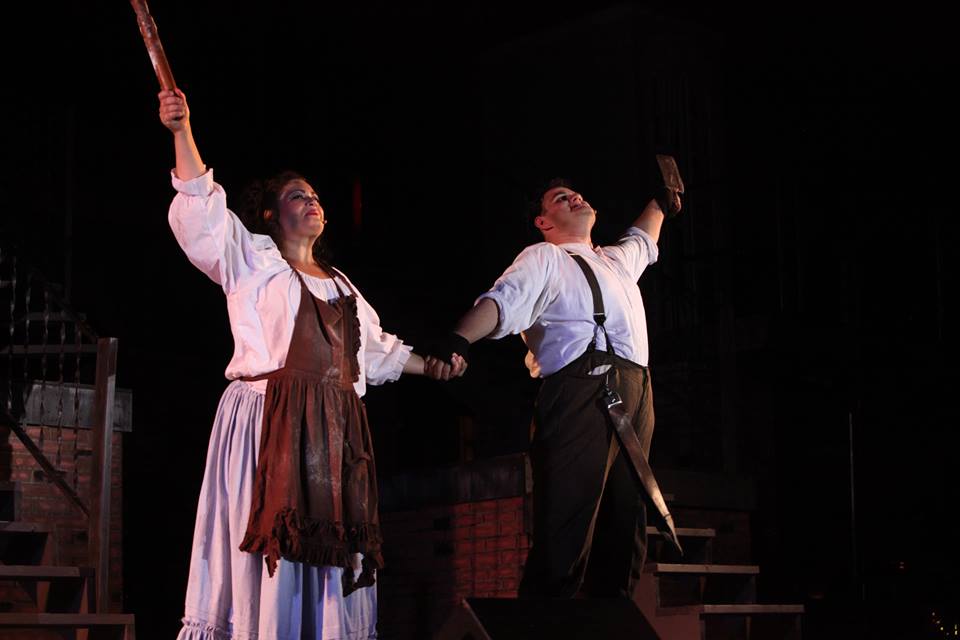
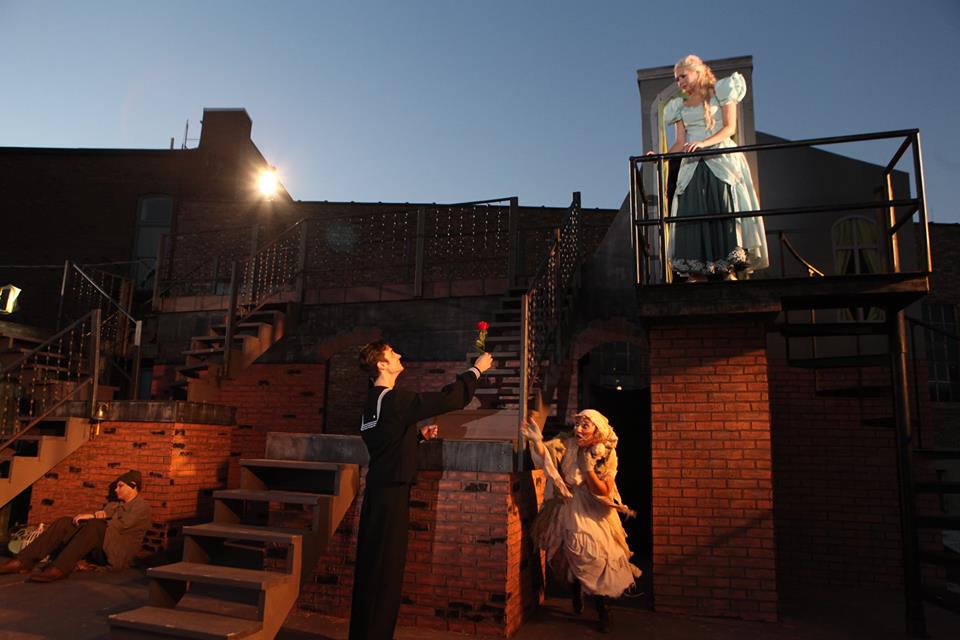
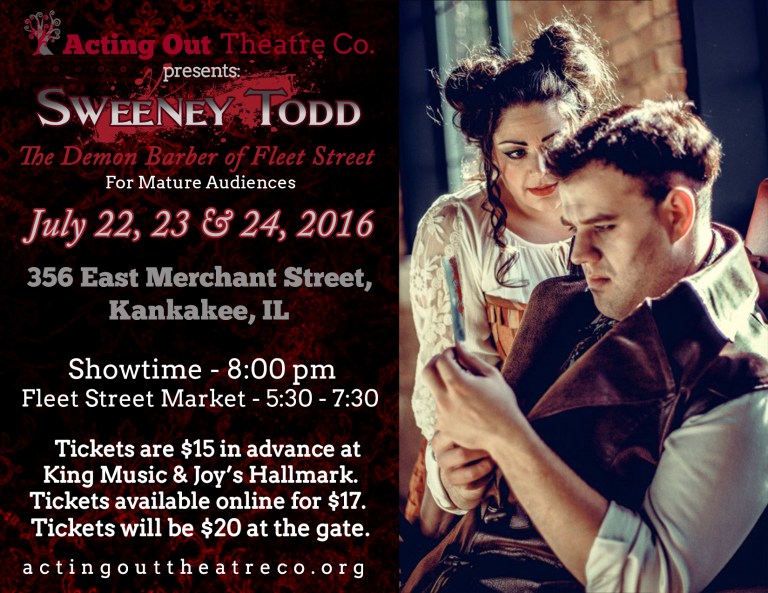
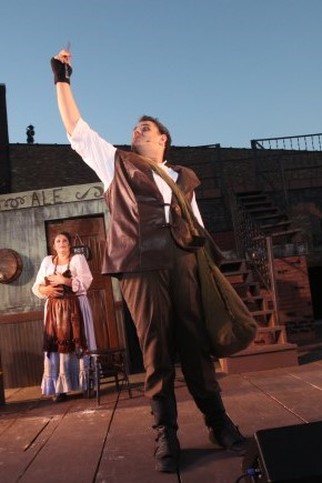
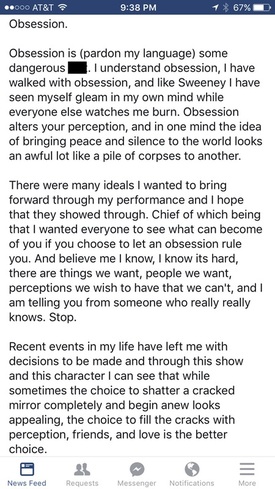
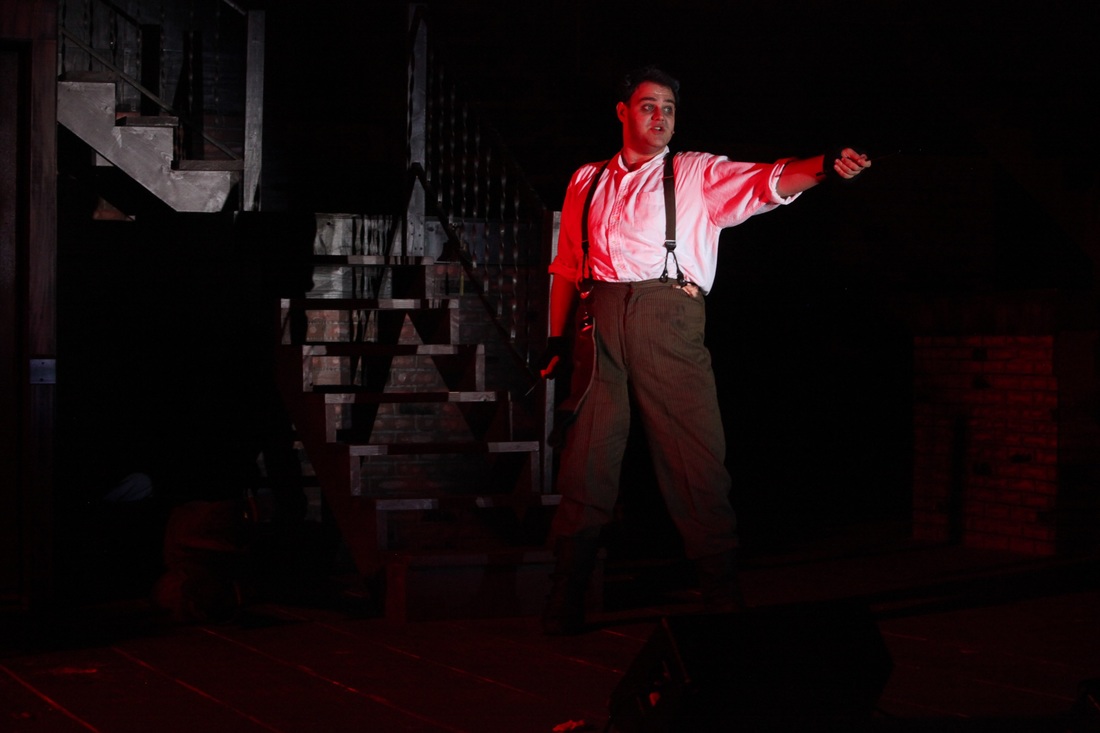








 RSS Feed
RSS Feed

